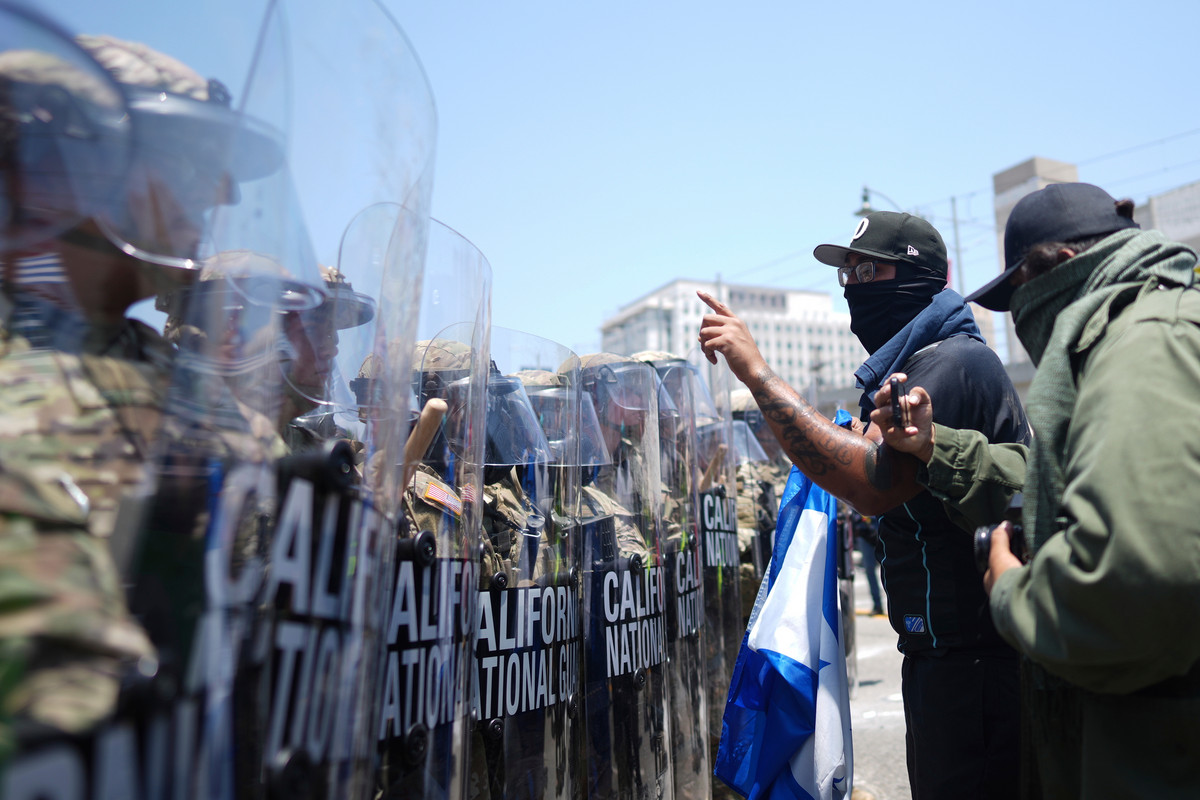Public concern grows amid overlapping enforcement operations
Across several U.S. cities, the deployment of National Guard troops has raised concerns among immigrant communities and legal experts. In Chicago, a recent federal immigration operation — which included a helicopter and resulted in dozens of arrests — has intensified fear among undocumented residents, who worry about the potential for expanded military presence in urban neighborhoods.
Under U.S. law, the National Guard and other military personnel are not authorized to make civilian arrests. Nonetheless, the overlap between military deployments and immigration enforcement actions has led to confusion over the exact roles and legal boundaries of each entity.
Federal initiatives and political tensions
In recent months, the federal government has coordinated enforcement efforts alongside Immigration and Customs Enforcement (ICE), framing them as part of broader crime-fighting measures. In Illinois, “Operation Midway Blitz” was announced as a campaign to combat crime attributed to undocumented immigrants, sparking political conflict with state authorities.
Despite opposition from several Democratic governors, the federal administration moved forward with the federalization of certain state National Guard units in Illinois and California — a measure considered highly unusual outside of wartime conditions.
Blurred boundaries between immigration and law enforcement
Analysts warn that the timing and overlap of military and immigration operations have blurred the distinction between public safety and immigration control. This dynamic, they argue, risks reinforcing misconceptions that link immigration with criminal activity, heightening social tension in affected communities.
While several federal courts have temporarily blocked some deployments, others remain active in cities such as Washington, D.C., and Memphis, where hundreds of arrests have been reported for various offenses, including immigration violations. The discussion over the legal and ethical limits of these operations continues to evolve.



